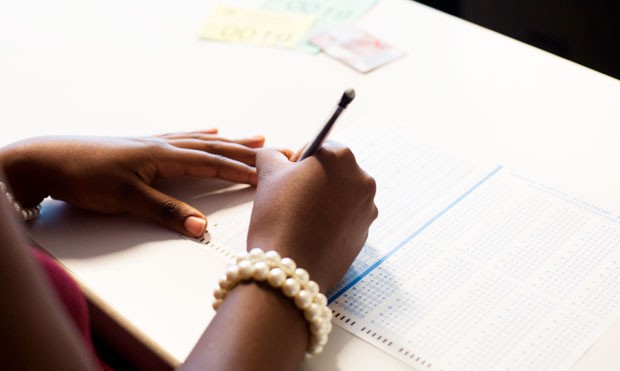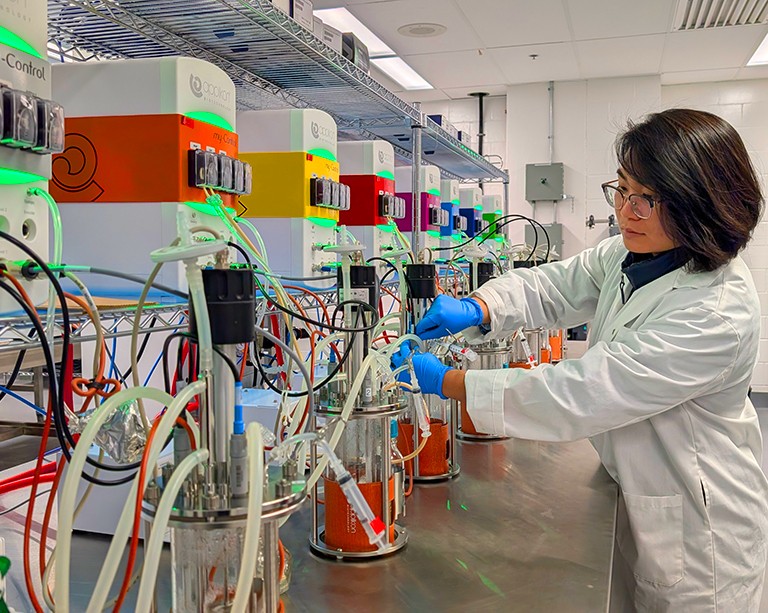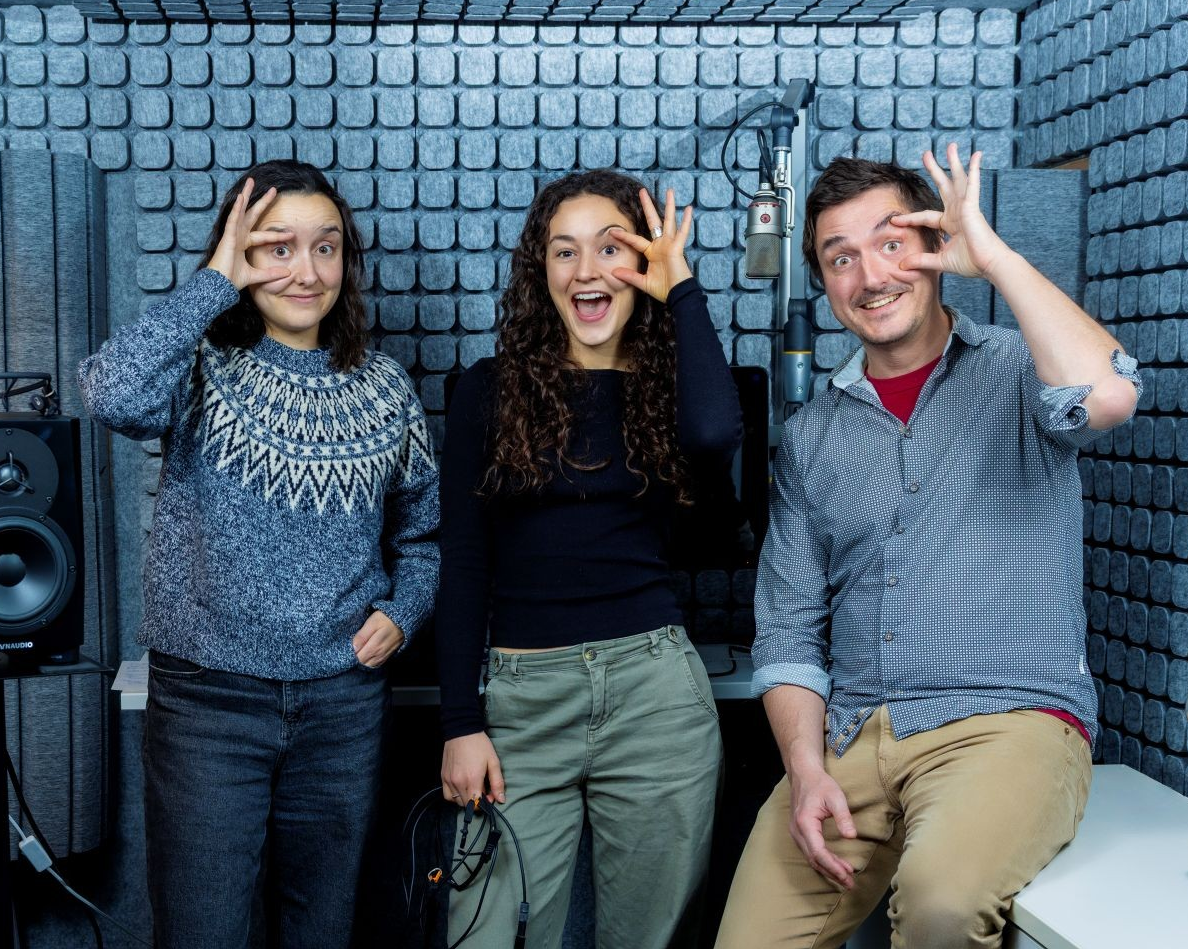Your guide to Concordia’s exam rules and regulations

Now that finals are underway, it’s more important than ever to know the rules and regulations surrounding exams. Understanding these and anticipating any potential issues will save you a lot of stress.
Here are the main things you need to know before writing final exams:
Know the code, respect the code!
The Academic Code of Conduct is the basis for all exams regulations and protects the academic integrity of Concordia examinations. Non-compliance with the code can lead to an official investigation, which can affect your studies going forward.
Know the following so you are not charged with an offence:
- You may not have a cellphone or other electronic communication device on your person (in your pocket or at your desk) while you write the exam. This includes smartwatches, Bluetooth devices, etc.
- You may not bring any additional material (notes, books, devices) into the exam that are not explicitly permitted.
- Check your calculator! Notes or writing in your calculator or case are not permitted. Your calculator will be checked at the exam. For MATH and ENGR courses, programmable calculators need to be authorized by the Department of Mathematics and Statistics and bear a sticker confirming this. Visit room 901 of the J.W. McConnell Building (LB) to get yours.
- Keep your examination booklet intact! Tearing any pages from the booklet during the exam or adding anything into it is a violation of the Academic Code of Conduct.
- Any and all plagiarism, cheating and unauthorized academic behaviour is prohibited during examinations.
Examination conflicts
If you have an official conflict you can request to write an alternate exam on the Sunday following your regularly scheduled final. Please note that alternate exams are not available for all courses.
An official conflict is defined as the following only:
- Two or more exams scheduled at the same day and time
- Three exams scheduled in consecutive time blocks. For example:
- 9 a.m., 2 p.m., 7 p.m.
- 2 p.m., 7 p.m., 9 a.m.
- 7 p.m., 9 a.m., 2 p.m.
(Please note: Three exams scheduled within a 24- or 48-hour period is not considered an official conflict.)
- An exam scheduled at the same time as a religious observance
- An exam scheduled at a time when an employer will deny time off
To be eligible for an alternate exam, you must report the conflict on your exam schedule page at My.Concordia.ca.
Illness or medical situation
If a long-term medical situation has prevented you from writing your exam and completing a course, you may be eligible to apply for a MED notation.
In most cases, however, students who missed exams because of illness should apply for a DEF (deferred) notation.
If your application to defer an examination is approved, you will be granted an opportunity to write your final exam at a later date.
DEF notations are approved if the exam was missed because of unforeseeable circumstances or some other special cases:
- A serious illness or severe injury
- A recent death in your immediate family
- Unexpected responsibilities for an immediate family member due to serious illness
- Fire
If your deferral request is accepted, please consult with the Examinations Office to find out when your exam will be scheduled.
If you missed your final exam due to a serious illness, you must be seen by a doctor on or before the date of the missed exam and have them complete the Concordia Medical Certificate for DEF notation.
For all information pertaining to exam rules and regulations, visit Concordia's Examinations Office website.




